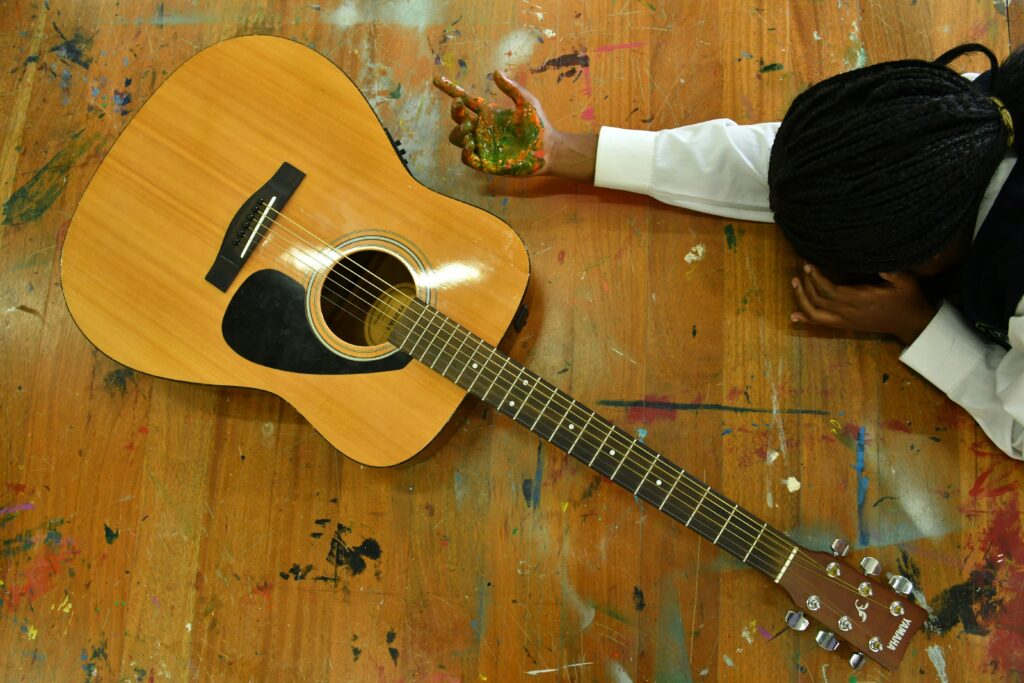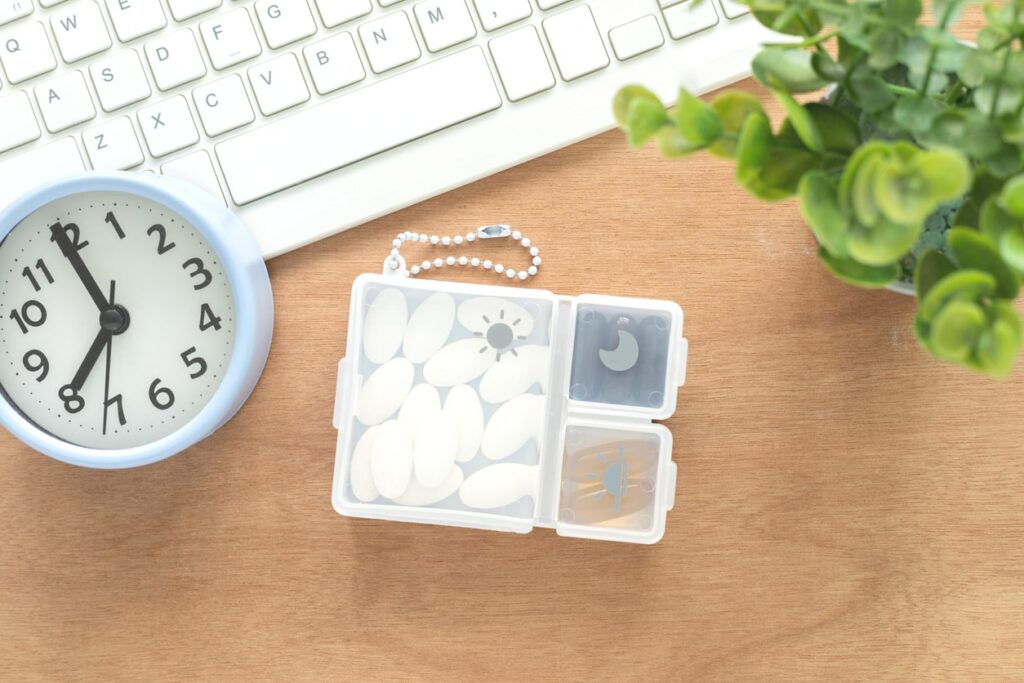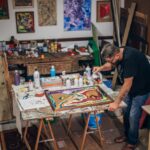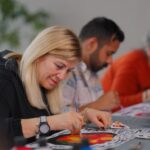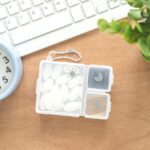Now Reading: Collage Therapy for Addiction Recovery
-
01
Collage Therapy for Addiction Recovery
Collage Therapy for Addiction Recovery
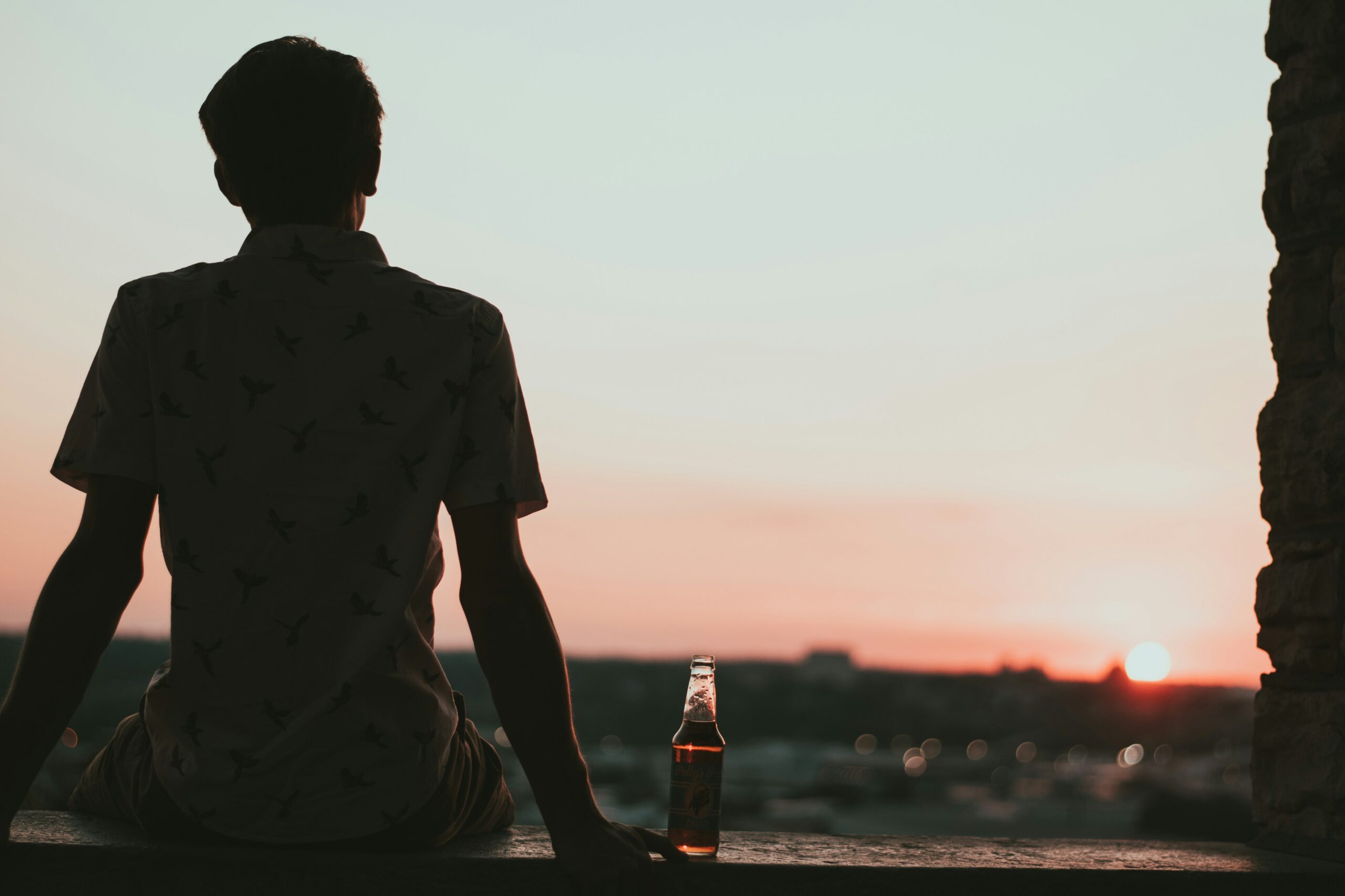
Explore collage therapy for addiction recovery. Promote healing, boost self-expression, reduce stress, and support sobriety through creative visuals.
Introduction
Addiction recovery is a journey of healing that involves the mind, body, and soul. While traditional therapy and support groups play a major role, creative therapies are becoming increasingly valued for their ability to reach people on a deeper emotional level. One powerful and accessible tool is collage therapy.
Collage therapy for addiction recovery offers a non-verbal way to process emotions, reflect on personal growth, and build self-awareness. By combining images, words, and colors, individuals can express what they might struggle to say out loud.
What Is Collage Therapy?
Collage therapy is a type of expressive art therapy that involves cutting, arranging, and gluing images or words from magazines, photos, or other media to create visual compositions. These collages often reflect a person’s feelings, memories, dreams, or recovery goals.
The beauty of collage therapy is that it doesn’t require any special artistic talent. It’s about meaning, not technique. It allows individuals to connect with themselves and others in a gentle, creative way.
Why Collage Therapy Helps in Addiction Recovery
During addiction, people often become disconnected from their emotions, identities, and sense of purpose. Recovery is not only about quitting substances—it’s about rebuilding one’s inner world. Collage therapy for addiction recovery helps with that process in several unique ways:
🎨 1. Encourages Self-Expression
Many people in recovery find it hard to talk about their emotions. Collage therapy provides a visual and symbolic way to express what’s inside without needing words. Selecting images that “feel right” often reveals deep emotions and unspoken thoughts.
🧠 2. Improves Mental Clarity
Creating collages helps organize thoughts and bring subconscious feelings to the surface. This can be especially helpful for people dealing with co-occurring disorders like anxiety or depression, which are common in addiction recovery.
🫶 3. Reduces Stress and Promotes Relaxation
Engaging in a hands-on creative activity like collage-making has a calming effect on the nervous system. It promotes mindfulness, reduces anxiety, and allows the brain to rest from constant racing thoughts.
📊 A 2016 study published in Art Therapy: Journal of the American Art Therapy Association found that just 45 minutes of art-making significantly lowered cortisol levels, a key marker of stress 1.
How Collage Therapy Supports Sobriety
The recovery journey often brings intense emotions, self-reflection, and lifestyle changes. Collage therapy for addiction recovery can support sobriety in several ways:
✅ Helps Visualize Recovery Goals
Creating a “vision board” or goal-oriented collage allows individuals to set intentions and focus on their future without substances. Seeing these goals represented visually can strengthen motivation.
✅ Enhances Self-Awareness
By reviewing and discussing their collages, individuals can better understand their emotional patterns, triggers, and coping mechanisms. This awareness is key to preventing relapse.
✅ Reinforces Positive Identity
Addiction often erodes self-esteem. Making collages about personal strengths, values, or dreams can help people reconnect with who they are beyond addiction.
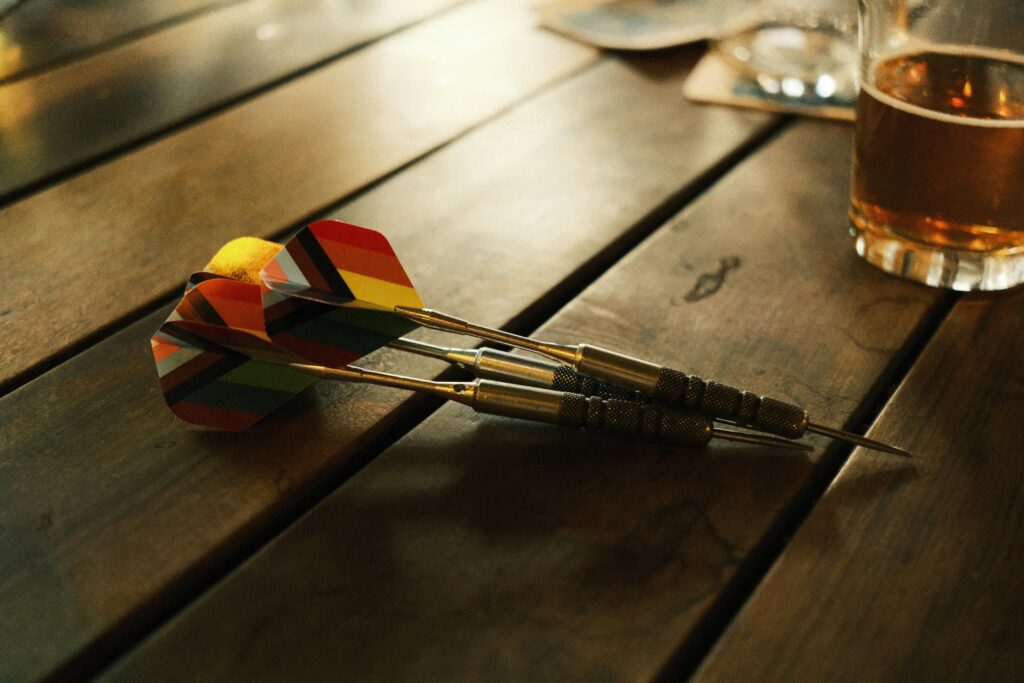
Common Collage Therapy Activities in Recovery
Here are a few powerful collage exercises commonly used in recovery programs:
| Activity | Purpose |
|---|---|
| Vision Collage | Create a visual roadmap for your sober life. |
| Emotion Collage | Express a specific feeling (e.g., anger, hope) through images. |
| Past vs. Present Collage | Reflect on life before and after recovery. |
| Inner Strength Collage | Focus on personal strengths and sources of resilience. |
| Trigger & Response Collage | Explore emotional or situational triggers and positive ways to respond. |
These exercises can be done individually or in a group, often followed by open sharing or journaling.
How to Do Collage Therapy at Home
You don’t need a therapist or expensive materials to start using collage therapy for addiction recovery at home. Here’s a step-by-step guide:
🛠️ Materials Needed:
- Old magazines, newspapers, or printed images
- Scissors and glue stick
- Poster board or sketchbook
- Optional: pens, markers, stickers, or paint
📋 Steps:
- Choose a theme or question.
Example: “What does recovery look like for me?” - Flip through materials.
Cut out words or images that speak to you. Don’t overthink it. - Arrange and glue.
Play around with the layout. Let your collage form naturally. - Reflect and write.
After completing it, journal about what it represents to you. - Revisit your collage.
Keep it somewhere visible or use it during moments of self-doubt.
Collage Therapy in Professional Treatment Programs
Many addiction recovery centers now incorporate expressive therapies, including collage therapy, into their offerings. In these settings, trained art therapists guide patients through themed exercises and group discussions.
A 2021 study in The Arts in Psychotherapy found that expressive art therapies like collage helped participants reduce shame, increase emotional processing, and stay engaged in treatment longer 2.
Group collage therapy also builds connection. Sharing art opens doors to meaningful conversations and helps individuals feel less alone in their journey.
Tips for Making the Most of Collage Therapy
- 🧘 Be patient with yourself. There are no mistakes in collage therapy.
- 🧠 Let intuition guide you. Choose images that “speak” to you emotionally.
- 🖼️ Create regularly. Make collage a weekly or daily ritual during recovery.
- 💬 Share if comfortable. Talking about your collage can deepen self-awareness.
- 📦 Keep a visual journal. Use a binder or folder to track your progress over time.
Final Thoughts
Recovery is not just about what you leave behind—it’s about what you build ahead. Collage therapy for addiction recovery offers a unique, gentle, and creative path to healing. Through images, textures, and colors, people in recovery can find their voice, explore their emotions, and reconnect with their sense of self.
Art may not cure addiction, but it can light the way forward—one piece at a time.
References
- Kaimal, G., Ray, K., & Muniz, J. (2016). Reduction of cortisol levels and participants’ responses following art making. Art Therapy: Journal of the American Art Therapy Association, 33(2), 74–80. ↩
- Haeyen, S., et al. (2021). Expressive art therapy for emotional regulation and addiction recovery. The Arts in Psychotherapy, 74, 101804. ↩

Kevin Fletcher is a seasoned writer with over 10 years of experience crafting engaging and informative content in the health, fitness, and wellness industries. Passionate about helping readers live healthier lives, Kevin combines research-backed insights with practical tips to inspire positive change.













